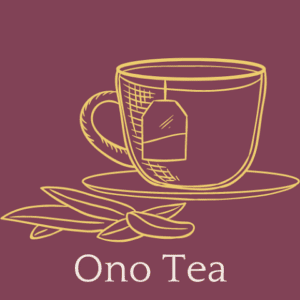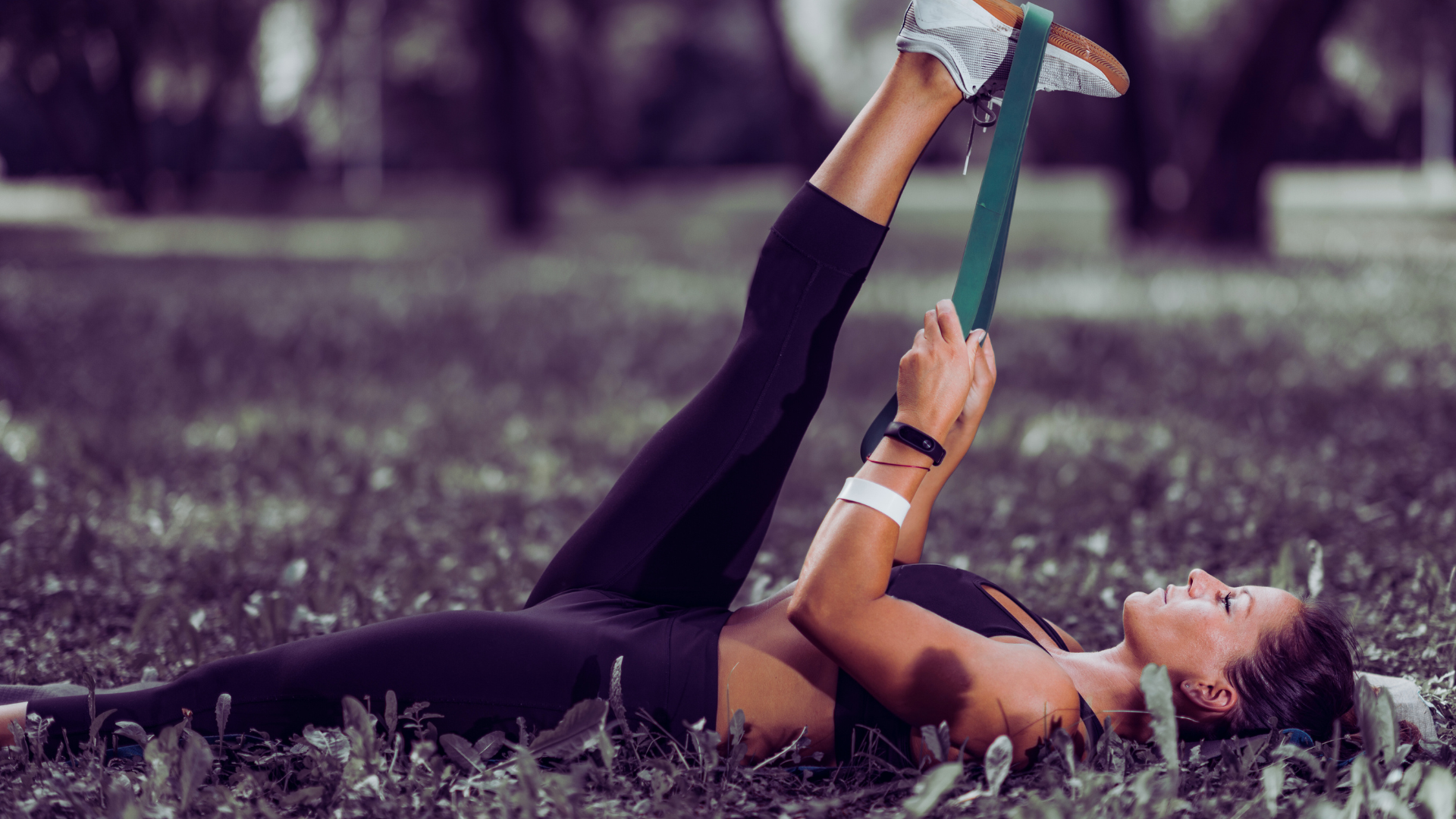When we think of athletes fueling their performance or recovering from a grueling workout, images of neon-colored sports drinks or protein shakes often come to mind. But what if there’s a more natural, time-honored option that’s been overlooked? Enter tea—a humble beverage with roots stretching back thousands of years, now stepping into the spotlight as a powerful ally for athletes. From hydration to muscle recovery, tea offers a surprising array of benefits, especially when crafted into natural blends tailored to the needs of active bodies.
At Onotea, we’re passionate about exploring how tea can elevate your athletic journey. Let’s dive into the science, the blends, and the practical ways tea can become your go-to companion in sports and fitness.
Why Tea? The Basics of Hydration and Recovery
Athletes know hydration is non-negotiable. Water is the foundation, but staying hydrated isn’t just about chugging gallons—it’s about maintaining electrolyte balance, supporting muscle function, and keeping energy levels steady. Recovery, meanwhile, hinges on reducing inflammation, repairing muscle tissue, and replenishing what’s lost during exertion. Sports drinks often tackle these needs with synthetic additives and sugars, but tea offers a cleaner alternative, packed with antioxidants, natural compounds, and customizable flavors.
Tea—whether black, green, white, or herbal—starts with water, making it inherently hydrating. Unlike coffee, which can act as a diuretic in large amounts, tea’s caffeine content (when present) is gentler and often paired with L-theanine, an amino acid that promotes calm focus—perfect for athletes needing mental clarity without the jitters. Beyond hydration, tea’s bioactive compounds, like polyphenols and flavonoids, provide anti-inflammatory and antioxidant effects, key for speeding recovery and reducing exercise-induced stress. When blended with natural ingredients like herbs, spices, or fruits, tea transforms into a performance-enhancing powerhouse.
The Science Behind Tea for Athletes
Let’s break it down. Exercise, especially intense or prolonged sessions, creates oxidative stress in the body—free radicals multiply, muscles break down, and inflammation kicks in. Tea’s antioxidants, particularly catechins in green tea (like EGCG) and theaflavins in black tea, neutralize these free radicals, protecting cells and aiding recovery. A 2018 study published in Nutrients found that green tea extract reduced muscle damage markers in athletes after resistance training, suggesting it could shorten recovery time.
Caffeine, found in black, green, and some white teas, is another athletic boon. It’s a proven ergogenic aid, boosting endurance and power output by stimulating the central nervous system. Research in the Journal of Applied Physiology shows caffeine can enhance performance in everything from sprints to marathons. Tea delivers this caffeine in a slow-release form, avoiding the crash of sugary energy drinks.
Electrolytes—sodium, potassium, magnesium—are critical for hydration and muscle function. While tea itself isn’t an electrolyte powerhouse, blending it with ingredients like coconut water, citrus, or Himalayan pink salt can bridge the gap. Herbal teas, like those made from hibiscus or rooibos, also bring trace minerals to the table, subtly supporting the body’s needs.
Finally, tea’s anti-inflammatory properties shine post-workout. Ginger, turmeric, and chamomile—common in tea blends—reduce soreness and swelling, helping athletes bounce back faster. A 2020 review in Phytotherapy Research highlighted turmeric’s curcumin as a potent anti-inflammatory, while ginger has been shown to ease delayed-onset muscle soreness (DOMS).
The Best Teas for Athletes
Not all teas are created equal when it comes to athletic performance. Here’s a rundown of the top contenders and how they fit into an active lifestyle:
- Green Tea: The Recovery Champion
Packed with EGCG and a modest caffeine kick (20-45 mg per cup), green tea is a staple for athletes. It supports fat oxidation—great for endurance runners or cyclists—and its antioxidants speed muscle repair. Try it iced with a squeeze of lemon for a refreshing post-workout boost. - Black Tea: The Energy Booster
With 40-70 mg of caffeine per cup, black tea rivals coffee for pre-workout energy. Its robust flavor pairs well with spices like cinnamon or cardamom, adding a metabolism-revving twist. Studies suggest black tea improves focus and endurance, making it ideal for team sports or long training sessions. - Hibiscus Tea: The Hydration Hero
This vibrant red herbal tea is caffeine-free and rich in vitamin C and electrolytes like potassium. Its tart, cranberry-like taste makes it a natural base for hydration blends. Research in the Journal of Nutrition links hibiscus to lower blood pressure and improved circulation—perfect for cardio enthusiasts. - Rooibos Tea: The Mineral Maven
Another caffeine-free option, South African rooibos offers magnesium, calcium, and antioxidants without the buzz. It’s gentle on the stomach and great for recovery, especially when blended with honey or fruit. - Herbal Blends: The Custom Cure
Chamomile soothes, peppermint refreshes, and ginger fights inflammation. Combining these with tea leaves or enjoying them solo creates a versatile toolkit for athletes.
Crafting Natural Blends for Peak Performance
The magic of tea lies in its adaptability. At Onotea, we believe in blending nature’s best to meet athletes’ needs. Here are some DIY recipes to try:
- Pre-Workout Energizer
- 1 tsp loose-leaf black tea (like Assam or Darjeeling)
- 1/2 tsp cinnamon
- 1 tsp dried orange peel
- Steep in 8 oz hot water for 5 minutes. Add a drizzle of honey for quick carbs.
Why it works: Caffeine and cinnamon boost energy and circulation, while honey fuels muscles.
- Post-Workout Recovery Tonic
- 1 tsp green tea (like Sencha)
- 1/2 tsp dried ginger
- 1/4 tsp turmeric
- Steep in 8 oz hot water, then cool and serve over ice with a splash of coconut water.
Why it works: Antioxidants repair, ginger and turmeric reduce soreness, and coconut water restores electrolytes.
- Hydration Refresher
- 1 tsp hibiscus tea
- 1 tbsp dried rosehips
- Pinch of Himalayan pink salt
- Steep, chill, and sip throughout the day.
Why it works: Vitamin C and electrolytes keep you hydrated and refreshed.
These blends are endlessly customizable—swap in your favorite fruits, herbs, or even a dash of cayenne for a kick. The key is using high-quality, natural ingredients to avoid the artificial junk found in many commercial sports drinks.
Practical Tips: Integrating Tea into Your Routine
So, how do you make tea part of your athletic life? It’s easier than you think:
- Pre-Workout: Sip a caffeinated tea 30-60 minutes before exercise. Pair it with a light snack like a banana for sustained energy.
- During Exercise: For long sessions (over an hour), carry chilled hibiscus or green tea in a reusable bottle. Add a pinch of salt or a splash of juice for electrolyte support.
- Post-Workout: Within 30 minutes of finishing, enjoy a recovery blend with anti-inflammatory herbs. Pair it with protein (like a handful of nuts) to maximize muscle repair.
- Daily Hydration: Replace sugary drinks with herbal teas throughout the day. Aim for 2-3 cups alongside your water intake.
Pro tip: Brew in bulk and store in the fridge for convenience. A mason jar of iced tea is as portable as any sports drink, minus the plastic waste.
Tea vs. Traditional Sports Drinks: A Comparison
Let’s stack tea up against the competition. Sports drinks like Gatorade or Powerade offer quick hydration and electrolytes, but they’re often loaded with sugar (up to 34g per bottle) and artificial dyes. Tea, by contrast, is low-calorie, natural, and free of synthetic additives. While it may not match the sodium punch of a sports drink—crucial for extreme sweat loss—it’s a gentler, everyday option that supports long-term health. For hardcore endurance athletes, blending tea with electrolyte-rich add-ins closes the gap.
Cost-wise, tea wins hands-down. A box of loose-leaf tea (enough for 20+ servings) costs less than a few bottles of sports drinks, and you control what goes in. Plus, tea’s antioxidant benefits are a bonus you won’t find in most commercial options.
The Cultural Connection: Tea as a Ritual
Beyond the science, tea brings something sports drinks can’t: ritual. Athletes thrive on routine—pre-game warm-ups, post-run stretches—and tea fits seamlessly into that rhythm. Brewing a cup becomes a moment of mindfulness, a chance to reset and refocus. In cultures worldwide, tea has long been a symbol of vitality and connection, from Japanese matcha ceremonies to Moroccan mint tea shared after a hard day. For athletes, it’s a way to honor the body’s efforts with something pure and intentional.
Potential Downsides and Considerations
Tea isn’t perfect for every scenario. Caffeine-sensitive athletes might need to stick to herbal options, especially later in the day, to avoid sleep disruption. Tannins in tea can bind to iron, so if you’re anemic, drink it between meals rather than with food. And for ultra-endurance events in extreme heat, tea alone might not replace the heavy electrolyte losses—pair it with salty snacks or a specialized drink.
Final Sip: Why Athletes Should Embrace Tea
Tea isn’t just a beverage; it’s a tool—one that hydrates, energizes, and heals with the power of nature. Whether you’re a weekend warrior or a pro, natural blends offer a sustainable, delicious way to support your goals. At Onotea, we’re excited to see tea take its place in the athletic world, proving that what’s ancient can still be cutting-edge. So, next time you lace up your sneakers or hit the gym, brew a cup, tweak a blend, and discover how tea can fuel your fire. Your body—and taste buds—will thank you.

